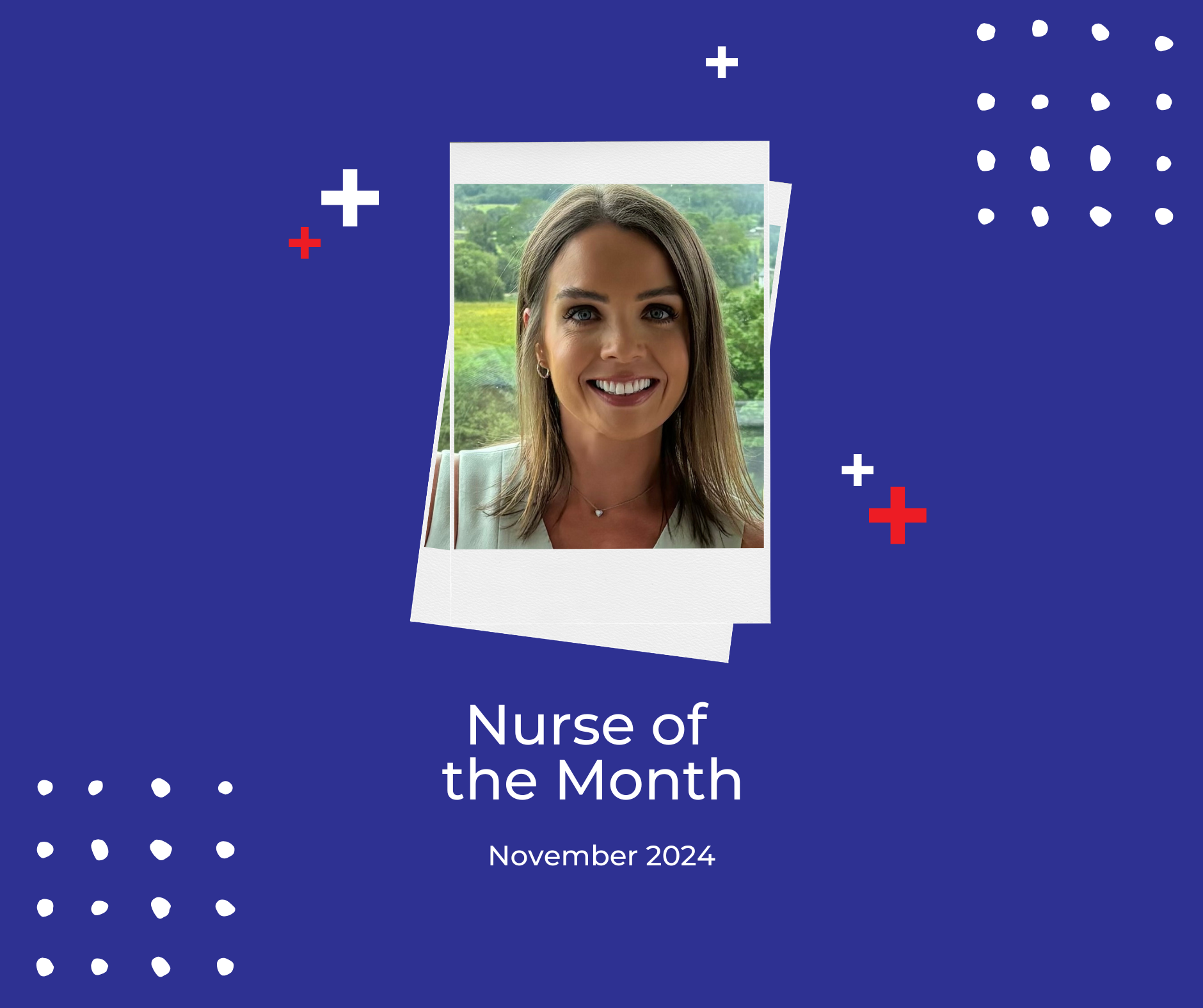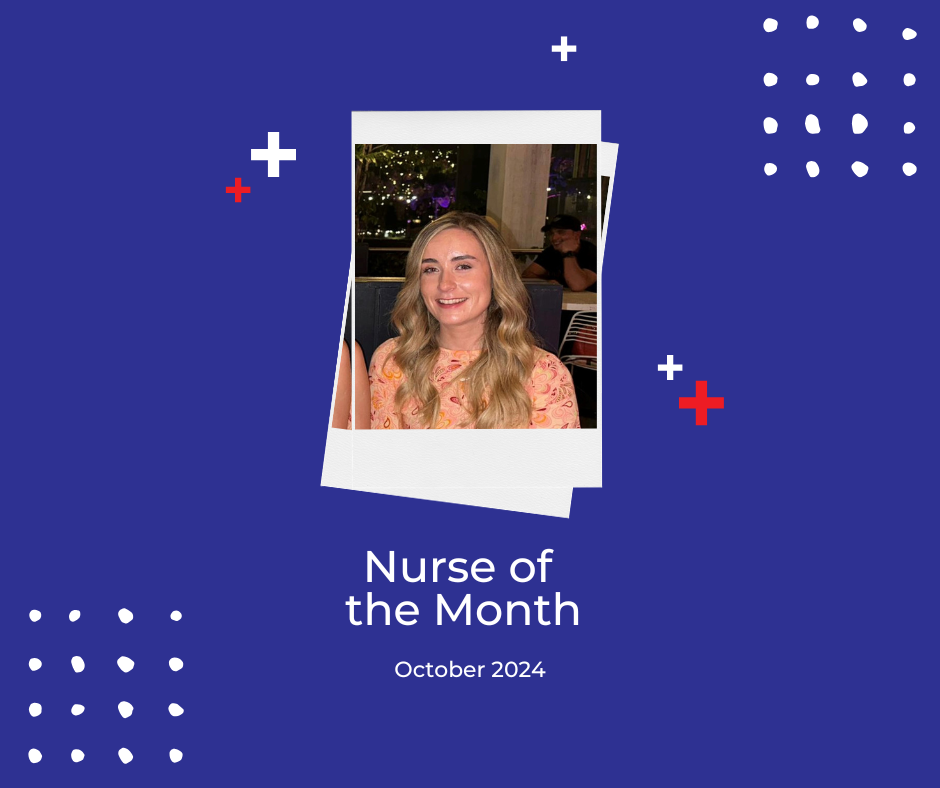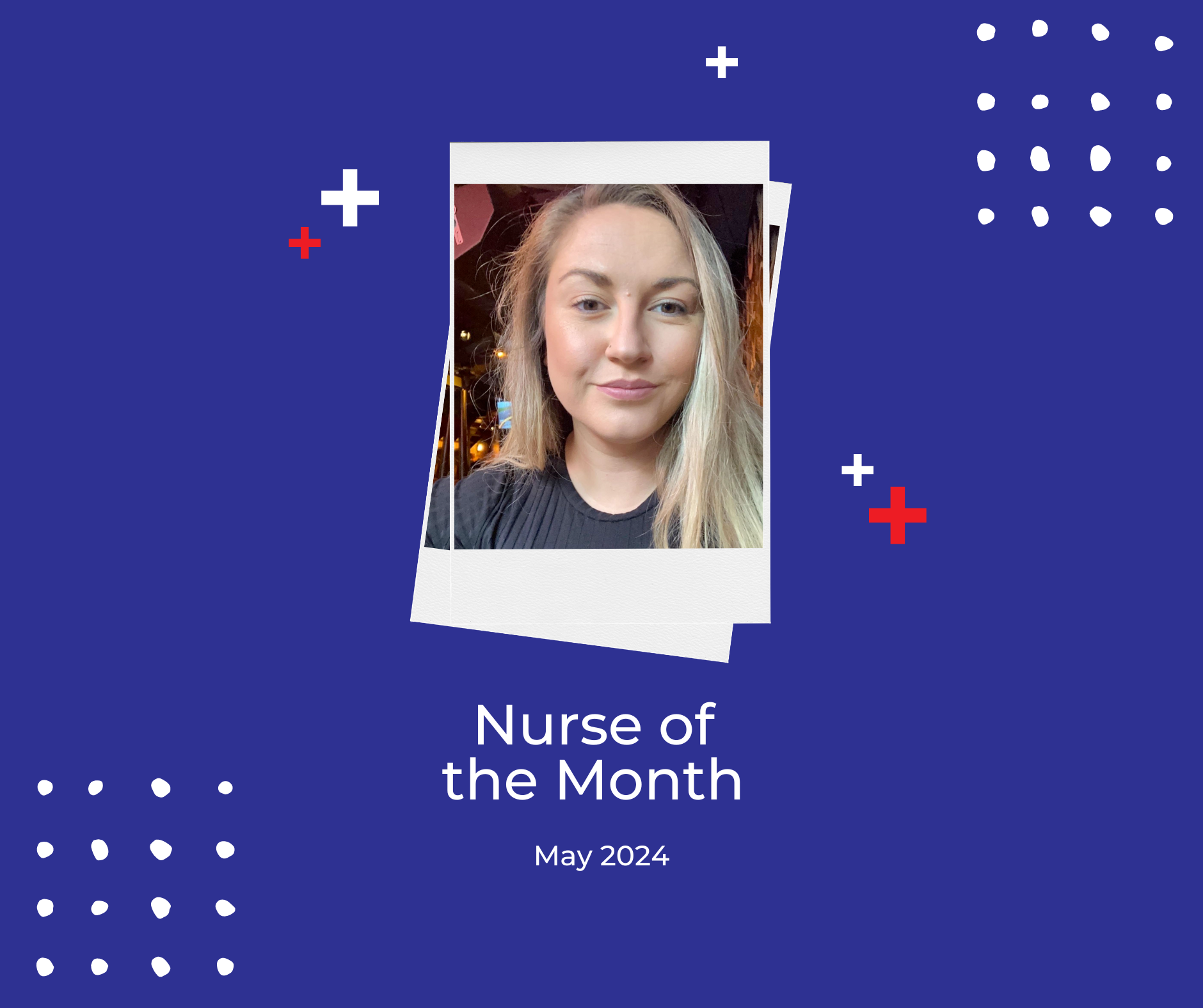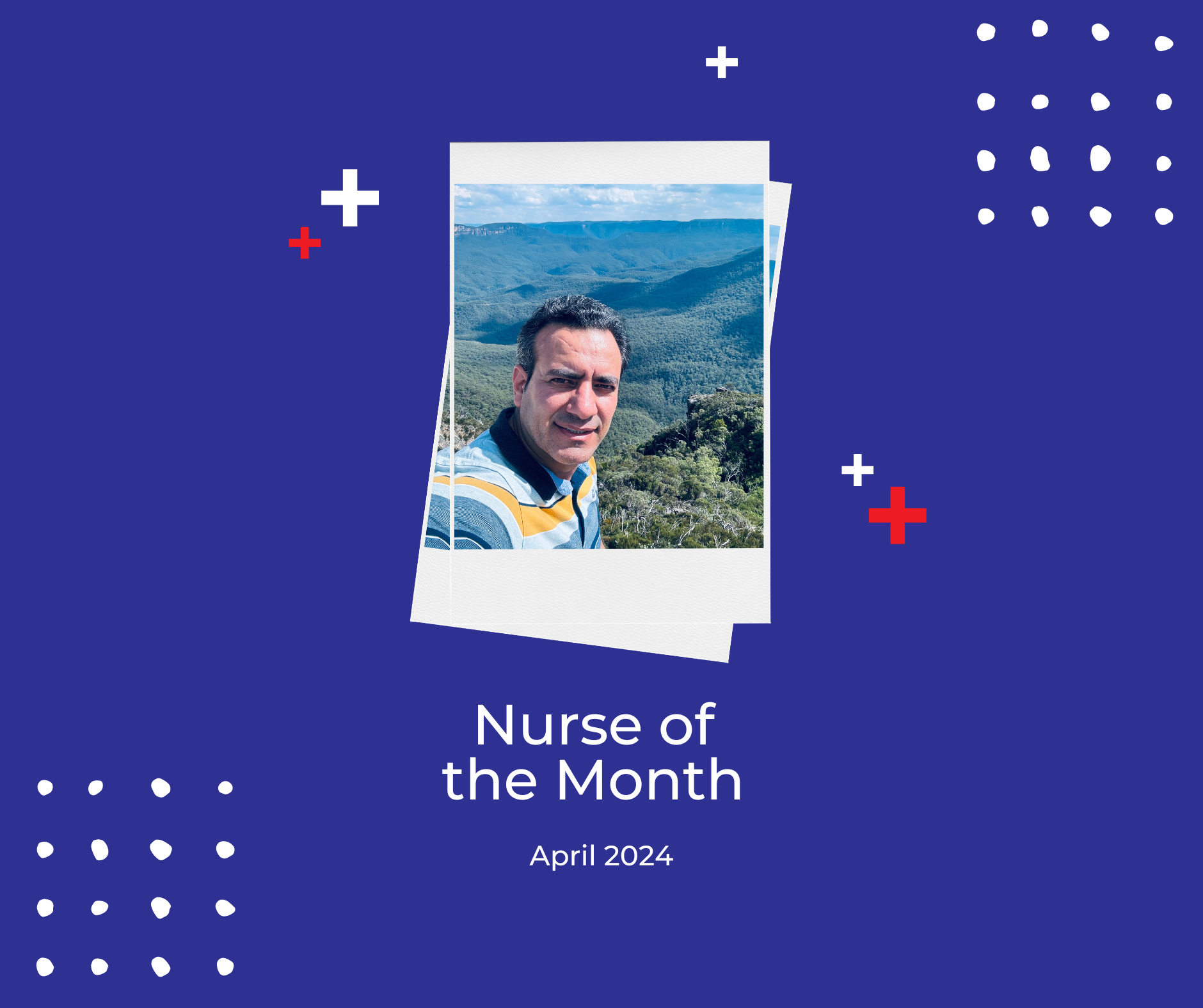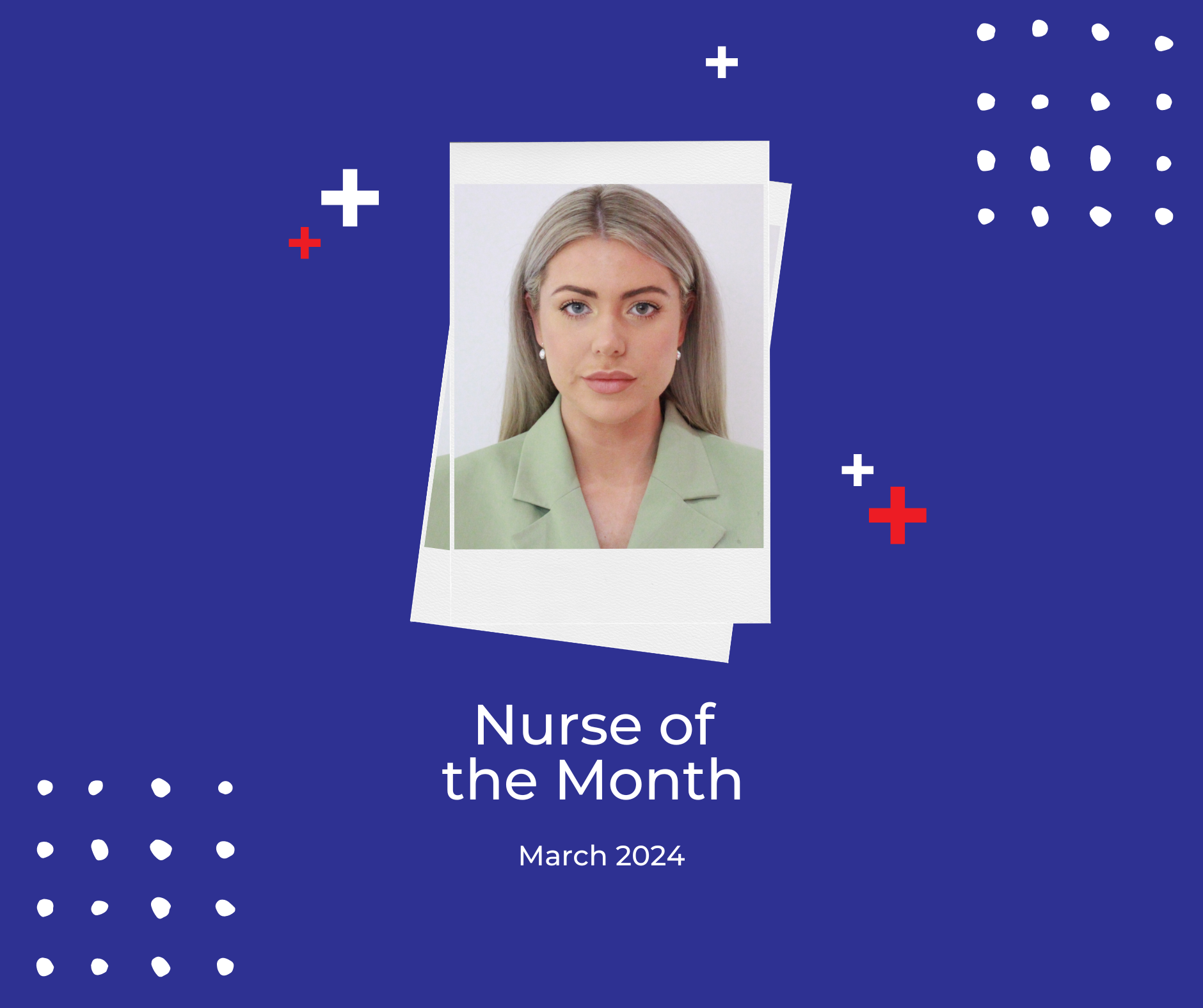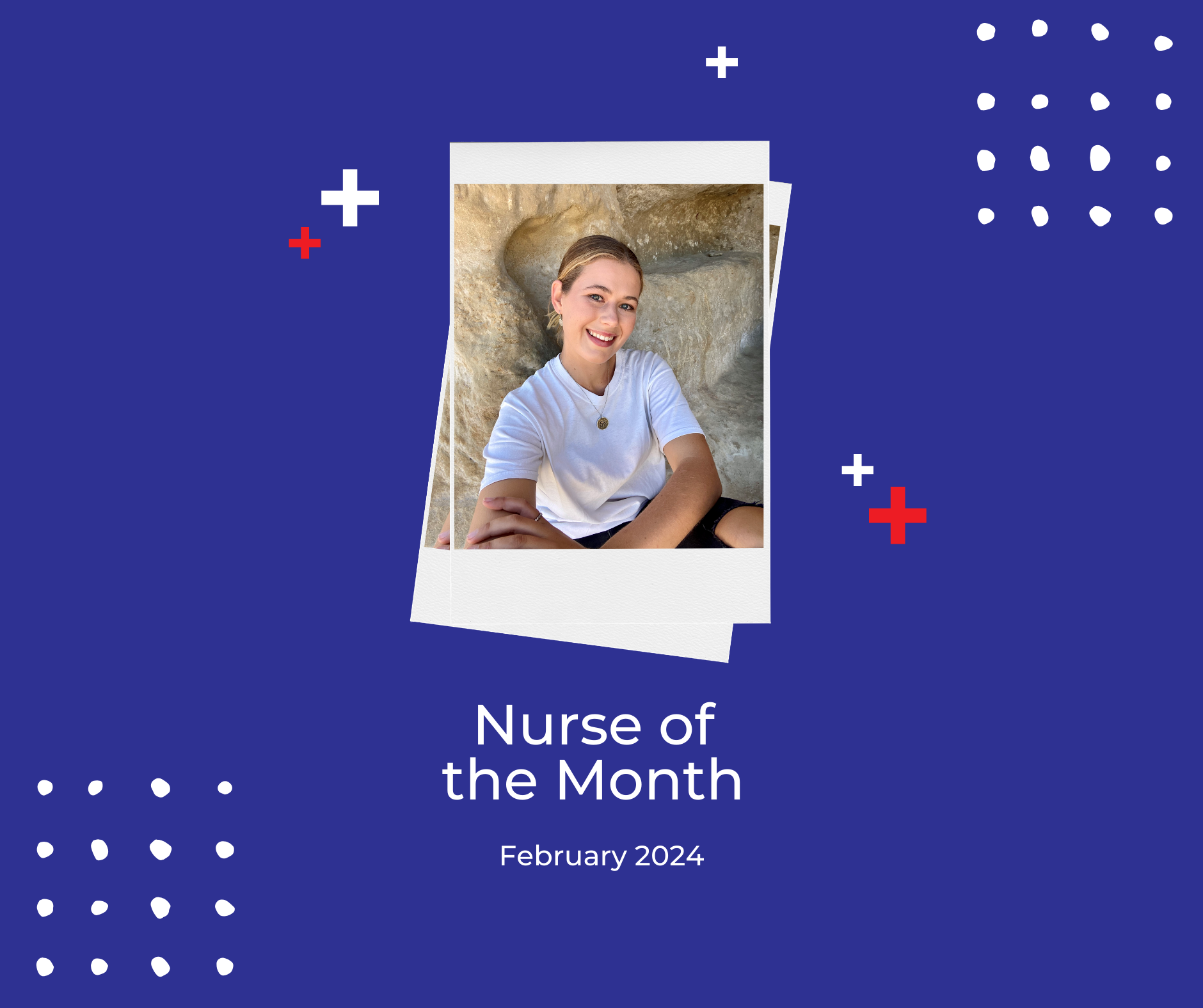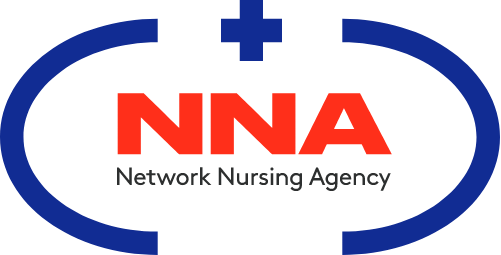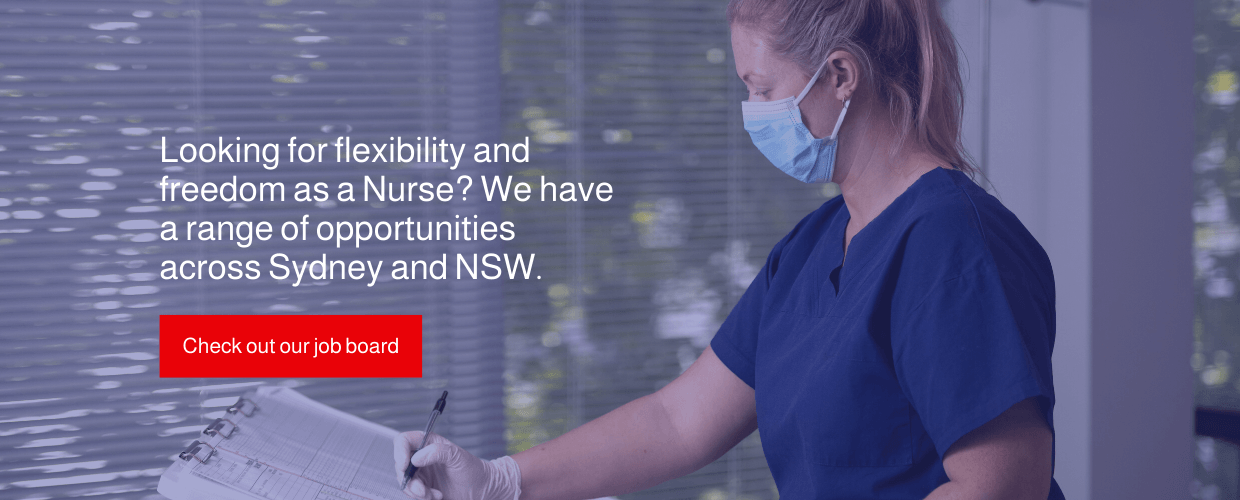Nurse Talks: Dealing with death with NNA Nurse Kevin
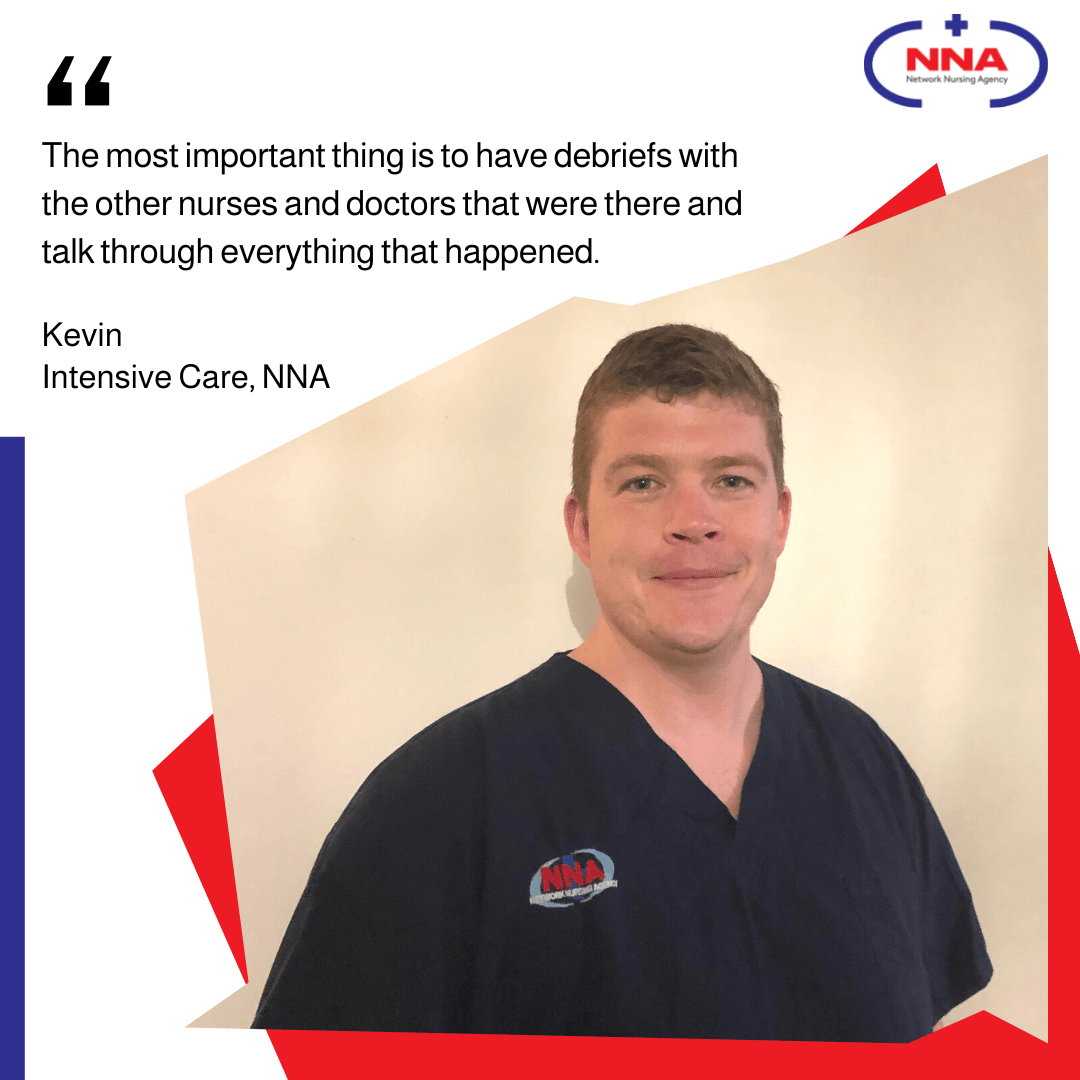
We recently had the chance to sit down with one of our very own, Kevin, who has been with us since 2015. Kevin is originally from Ireland who was inspired by his dad to become a nurse. Of course, knowing he could travel in this role was a huge benefit too as he always wanted to explore.
When Kevin started working with us, he picked up some high dependency shifts, then moved into intensive care where he has worked ever since. Kevin shared some great insight into his role and how it differs from the public to the private sector. We spoke about some of the qualities that make a great Intensive Care Nurse as well as how Kevin deals with death in his role.
What are some of the tasks you have to do?
It does vary but at the moment most of the shifts I do with NNA are in private hospitals. So, the intensive care patients are all generally post-operative patients. They’ll come in for scheduled surgery so it’s just like post-op care.
But more recently, I have been doing shifts at a hospital up in the Northern Beaches which is public and private. So, in the intensive care there it’s a bit fuller on because you see more patients through public from like ED who are critically unwell and for a variety of different reasons. It is also a lot more fast paced but it is an exciting environment to work in.
How do you manage your time and prioritise tasks during a shift?
Generally, I mostly do night shifts so it can be a little bit more relaxed. Because overnight not as many patients get admitted or discharged so you can kind of plan your tasks out easily because you know you’re going to have those patients for the full 12 hours. You can manage what they’re going to need and when. Obviously, things will pop up or you’ll get a few curve balls but overtime as you become more experienced as a nurse you just learn to flow with it.
How do you deal with death in your role?
When I worked in Ireland, I worked for a period in palliative care. So, death was something you’d see every day. In that role, I learned that death is something that happens in life and there is a certain dignity to having a peaceful and comfortable death. So, when we do get dying patients in the intensive care unit it is very important that you try your best to make sure they are comfortable.
Especially in intensive care where you may have acute deaths, it can be traumatic because it can happen so quickly. The most important thing is to have debriefs with the other nurses and doctors that were there and talk through everything that happened. This is so you don’t go home with all the baggage of what could have been done better.
Can you share a memorable and rewarding moment working in intensive care with NNA?
There are quite a few memorable ones... most of the Christmas parties.
But when my Visa was coming to an end NNA was very quick to push my sponsorship so that I could stay in Australia.
What qualities do you think are important to have as a nurse in intensive care?
In the ICU, critical thinking is probably one of the most important ones. Because a lot of the time you will have sick patients and you’re going to have to troubleshoot issues that come up as they come up. Also, time management because if you have a 12-hour shift, a lot can happen in that shift. So, it is important to be organised and have everything run on schedule.
How do you decompress from a shift?
I do a mixture of things and my partner is a nurse so she can understand the ups and downs of it all. So, I have a lot of support from her. Then, I’ll do a bit of training. If some nights haven’t gone very well, I’ll just postpone bed for an hour or two and go to the gym which helps to blow off some steam and have a better sleep.
I wouldn’t be Irish if I didn’t say I have some very good weekends. There are some great bars around Sydney so that would be my third way to decompress after a shift.
Why do you enjoy working as an agency nurse with NNA?
One of the things about working for NNA is they are always there to support you and do what they can to have you keep working for them.
But the freedom of agency work is a massive plus for me and being able to book in shifts on my schedule and when I want to work. If you can’t work a shift or say you’ve had a bad sleep, you can cancel and always pick up another shift. So, the freedom, flexibility, also being able to take periods of time off without having to deal with leave or rosters is great.
If you're working with us and want to get involved in our next Nurse Talks please get in contact with us at marketingHC@peoplein.com.au.
For anyone interested in joining us you can register your interest here.
